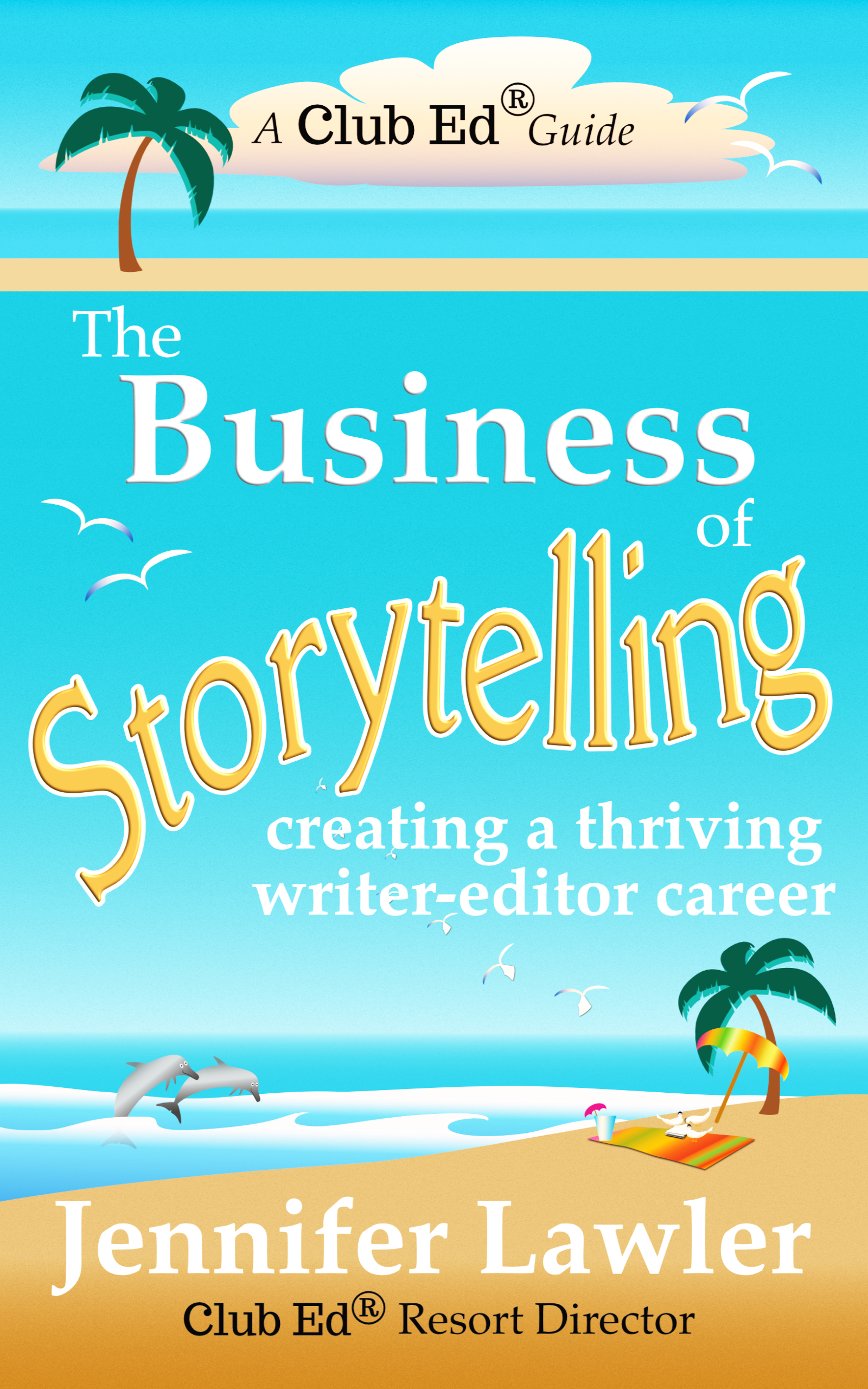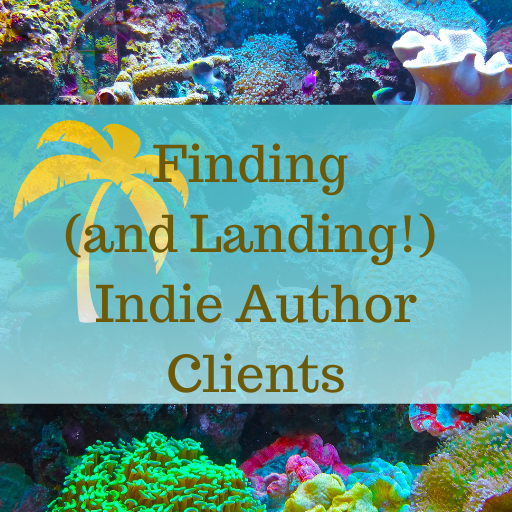Networking 101 for Editors
Here’s my best advice on networking for editors: Having contacts can absolutely help you succeed in your editing business!
Basics of Networking for Editors
In any profession, having contacts can help you succeed. Yet most of us don’t start off knowing anyone who can help us get our editing careers off the ground.
I’ve often said, “It isn’t who you know, it’s who you get to know.” What I mean is just that: with attention and effort, you can connect with another freelancer who might refer a potential client to you or meet an editor at a publishing company who wants you to develop some projects in her pipeline or befriend an indie author who’ll send four books a year your way.
But what does “with attention and effort” mean, exactly? It means using the opportunities that arise in your life and your work to connect with members of the community of writers and editors. That’s all.
You already read books and blogs, right? So this is just a matter of extending your involvement to joining editors’ groups, attending conferences, and otherwise connecting with the people who can make a difference in your career.

And by “connecting” I don’t mean “spamming with information about your services.” I mean getting to know people, helping them out when you can, asking for help when you need it. Editors’ groups are an obvious way to make these kinds of connections, but you can also make them in writers’ groups (where you might find indie author clients or at least learn more about the struggles and concerns of indie authors, which will help you in your work).
I like the Editorial Freelancers Association, which has some active local chapters, and Editors’ Association of Earth, a Facebook group (mostly copy editors but since the membership fee is zero, it can still be a worthwhile investment for developmental editors).
Conferences are a good way of meeting colleagues face-to-face, though it’s important to realize that most of the time you’re not going to walk away from one with a bunch of new clients. The connection with colleagues is the important thing. Not only might you learn new skills or develop stronger business savvy, but you could also get referrals from those colleagues (and don’t forget to do the same: if a potential client approaches you with a project not in your bailiwick, refer that person to one of your editor colleagues).
Remember that the world of publishing is fluid: I’ve been a writer, an agent, a book development editor, an acquisitions editor, and now I teach developmental editing. This happens all the time: editors become agents, writers become editors, etc. You never know what the next step of someone’s career will be.
Keep it simple by extending what you already do. If you’re already on Twitter, follow other editors, publishing company connections, and indie authors. If you prefer meeting people face-to-face, check out a Chamber of Commerce meeting, or go to a local chapter meeting of a writer/editor organization. If you like to take classes, ask the instructor if s/he can facilitate a way for the students to exchange contact/social media information in order to keep in touch.
In other words, make networking part of your life, not some separate to-do item that you’ll never get around to doing.
Tips for Editors & Writers
The Fine Art of Copyediting Fiction
When copyediting fiction, it’s common to run up against issues that pit author preference against standard editing approaches. For example, in a story I wrote some years ago, the main character’s neighbor is referred to as “3-B” as that is her apartment number and the MC doesn’t know her name. Fine. She can be referred…
Let the manuscript teach you how to edit it
One of the lessons I’ve learned over many years of editing is that you have to let the manuscript teach you how to edit it. Every manuscript is different and every manuscript needs a different touch. Even when an author does something I’ve seen many times before, I have to edit for that particular manuscript,…
Helping Authors Strengthen Story Settings
The setting of a novel consists of multiple elements, big and small, that nest inside each other like those little Russian dolls. We might show this hierarchy of settings like so: If you think about it, the micro setting of “the living room of 601 San Mateo Road Apartment 16” implies the existence of all…
Join the Club!
New to story editing? Begin at the beginning.





